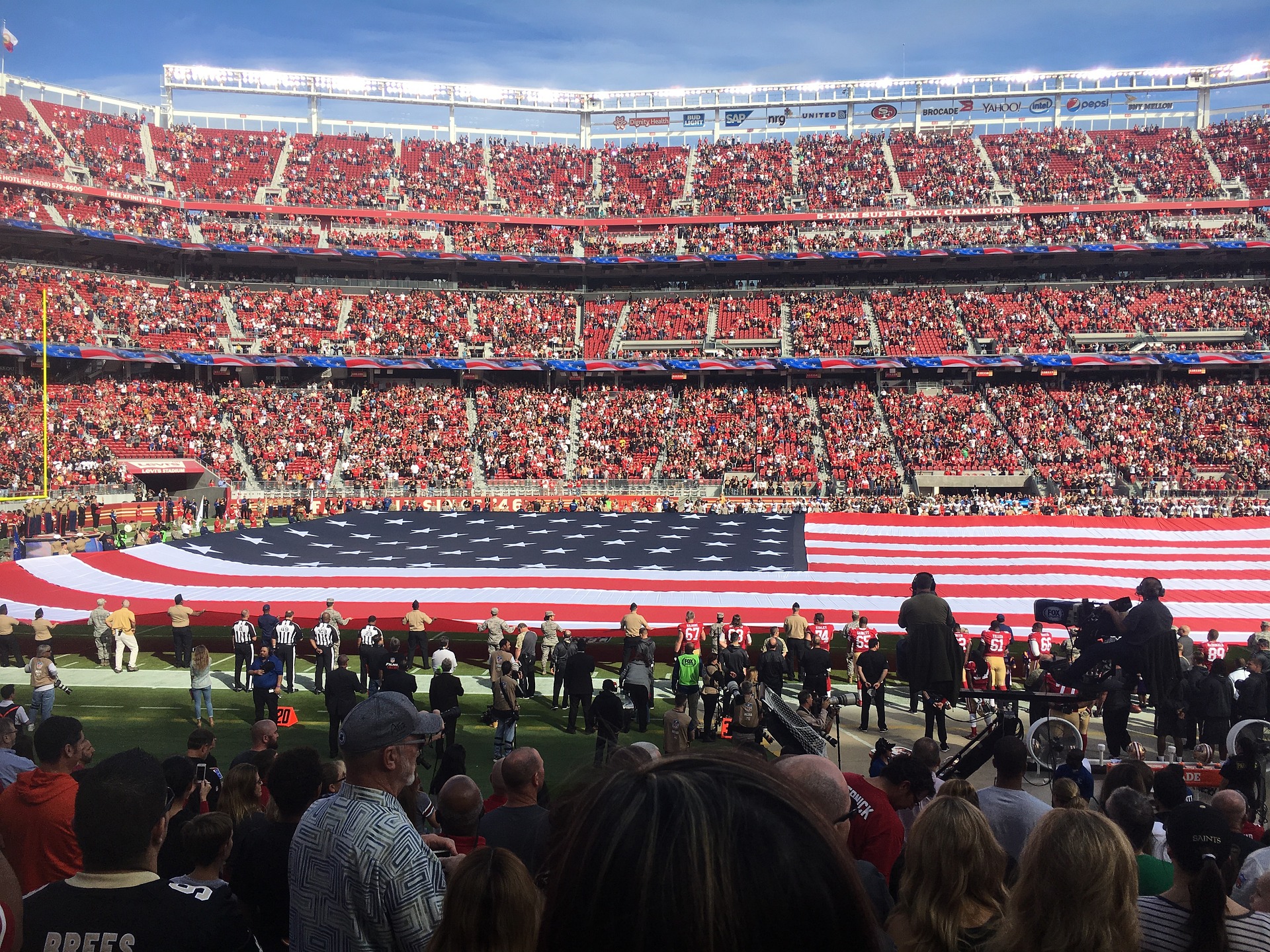How Many Overtimes in NFL


The NFL is one of the most popular sports leagues in the United States, and overtime rules are an essential part of the game. Overtime is used to break ties in games that are not decided in regulation time. In the NFL, overtime rules have undergone several changes over the years, with the most recent change made in 2017.
Before 2017, the NFL used a sudden-death format for overtime, where the first team to score any points would win the game. However, this format was deemed unfair, as the team that won the coin toss had a significant advantage. To address this issue, the NFL changed the rules in 2012 to allow both teams to possess the ball unless the team that received the opening kickoff scored a touchdown on its first possession. In 2017, the NFL further changed the overtime rules to shorten the overtime period from 15 minutes to 10 minutes.
While the changes to the NFL overtime rules have been made with the aim of improving player safety and making the game more exciting for fans, there is still some debate about whether the current rules strike the right balance. In this article, we will explore the current NFL overtime rules and how they work, as well as the history of overtime in the NFL and the arguments for and against the current format.
Regular Season Overtime Rules
In the NFL, regular season games that are tied at the end of regulation have only one overtime period of 10 minutes. The team that scores first wins the game. If neither team scores during the overtime period, the game will end in a tie.
Each team gets two timeouts during the overtime period, just like in regulation. If a team has used all of its timeouts before the end of regulation, it will not have any timeouts during the overtime period.
If the game ends on a touchdown during overtime, the point after try is not attempted. This is because the game is already over and the extra point would not affect the outcome of the game. However, if the game ends on a field goal, the extra point attempt will still be made.
It’s worth noting that prior to the 2017 season, regular season games that were tied at the end of regulation could result in a tie. But since then, the NFL has implemented the current overtime rules to ensure that there is always a winner and a loser in regular season games.
Overall, the NFL’s regular season overtime rules are designed to provide an exciting and fair conclusion to games that are tied at the end of regulation. With only one overtime period of 10 minutes, teams must make the most of their opportunities to score and win the game.
Postseason Overtime Rules
In the NFL playoffs, the overtime period is different from the regular season. The postseason overtime period is 15 minutes long instead of 10 minutes. This is because a postseason game requires one team to win, and the league wants to ensure that there is enough time for a team to score and win the game. During the postseason, the overtime period is sudden death. This means that the first team to score wins the game. If neither team scores during the 15-minute period, the game ends in a tie. However, this is highly unlikely as the teams are highly motivated to score and win the game. It’s worth noting that there are no timeouts in the postseason overtime period. This means that the teams must rely on their conditioning and strategy to win the game. Additionally, the coin toss is crucial in postseason overtime as the team that wins the toss has a significant advantage. They can choose to receive the ball and have the opportunity to score first, which can put pressure on the other team. In summary, the postseason overtime period in the NFL is 15 minutes long, sudden death, and does not have any timeouts. The coin toss is essential, and the team that wins the toss has a significant advantage.
History of Overtime in the NFL
The NFL added an overtime period in 1974 to resolve regular season games that end regulation time with a tie score. Prior to this, tie games were a common occurrence in the NFL. In fact, from 1920 to 1973, there were 602 regular season games that ended in a tie.
The overtime period was initially only used in regular season and preseason games. The first overtime game in NFL history was played on September 22, 1974, between the Denver Broncos and the Pittsburgh Steelers. The game ended in a 35-35 tie after regulation time, and the Broncos won 35-28 in overtime.
Over the years, the rules for overtime have evolved. In 2012, the NFL changed the rules for overtime in the playoffs to allow both teams to have a possession if the team that receives the opening kickoff scores a field goal on their first possession. If the team that receives the opening kickoff scores a touchdown on their first possession, the game is over. If the teams are still tied after each team has had a possession, the game continues under sudden death rules.
Since the introduction of overtime in 1974, there have been 629 games (as of 2021) that have gone into overtime during the regular season. Of those, 98 games have ended in a tie.
Overall, the addition of overtime has made the NFL more exciting for fans and has helped to prevent tie games. While the rules for overtime have changed over the years, the basic concept remains the same: to give both teams a fair chance to win the game.





